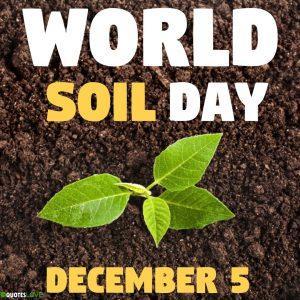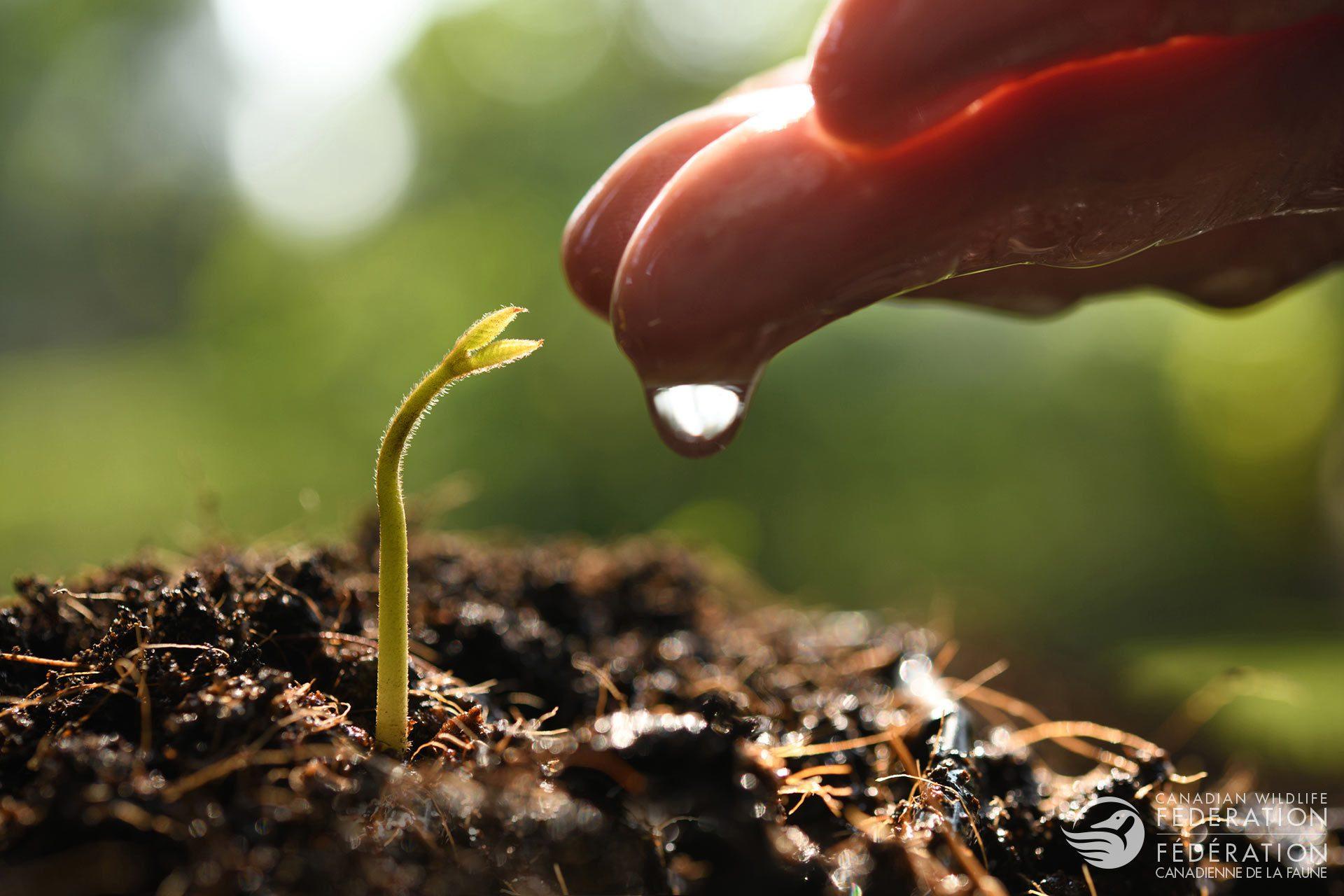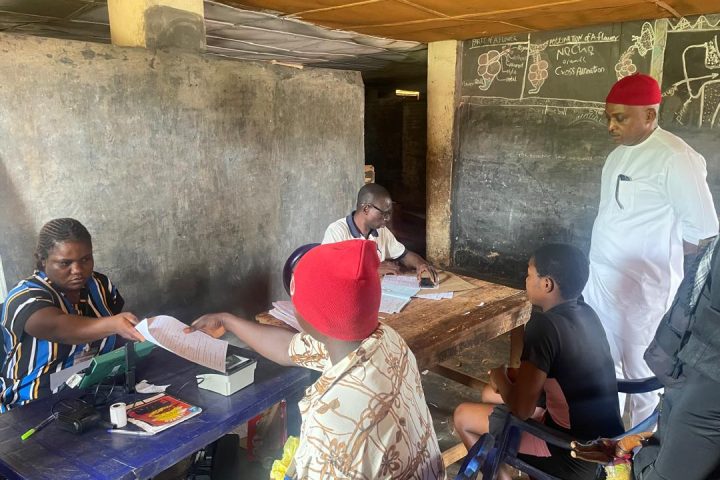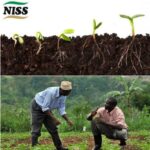The Nigeria Institute of Soil Science (NISS), North Central zone and the Department of Soil Science and Land Management, Federal University of Technology, Minna (FUTMinna) have called for protection of soil resources in order to boost food production.
This appeal was made during a joint press conference organised by the NISS, North Central zone in collaboration with the Department of Soil Science and Land Management, FUTMinna to mark the 2021 World Soil Day (WSD) with the theme, ‘Halt Soil Salinisation, Boost Soil Productivity’, held at the Entrepreneurship Centre, FUTMinna on Saturday.
Join our WhatsApp ChannelCoordinator, NISS, North Central Zone, Prof Akim Osunde, who is a Fellow of the Soil Science Society of Nigeria (fsssn) and a Registered Soil Scientist (RSS) stated that soil salinisation and sodification are considerable soil degradation processes threatening the ecosystem and are acknowledged as being among the most important problems at a global level for agricultural production, food security and sustainability in arid and semi-arid regions.

“World Soil Day 2021 (#WorldSoilDay) and its campaign ‘Halt soil salinisation, boost soil productivity’, aims to raise awareness of the importance of maintaining healthy ecosystems and human well-being by addressing the growing challenges in soil management, fighting soil salinisation, increasing soil awareness and encouraging societies to improve soil health,” Osunde.
He disclosed that one of the major concerns for the environment is soil degradation, adding that degradation is when soil health declines due to improper use or poor management.
“Most Americans are familiar with what happened during the Great Depression. Dust storms were a regular occurrence. Soil erosion caused these massive dust storms. Through the years, farmers in that country learned their lessons. They began to practice better soil management. “Unfortunately, however, there are still concerns about soil health. Throughout the world, the soil is wasting away at an accelerated rate, and when soil is lost, it takes years to replace. It takes up to 1,000 years to produce just 2 to 3 cm of soil. It’s believed that up to 90 per cent of the world’s land will be degraded by 2050. The situation is dire, which means there is no time to waste when it comes to saving our soil,” the University don noted.
The Coordinator NISS, North Central Zone said the NISS has been celebrating the WSD in various forms annually in collaboration with various national and international agricultural related organisations in Abuja through road walks, public lectures and sensitisation visits to local communities in and around the FCT.
“For this year’s event, the Institute organised a Road Walk/Experts Dialogue on Saturday, December 4, 2021 to commemorate this very important event. At the end of the Experts’ Dialogue session a communique was issued on how best to maintain the soil to boost food production in the country as well as strategies on how to tackle the litany of problems affecting soil management in Nigeria and Africa at large,” the scholar revealed.
Osunde told journalists at the event that NISS has won the King Bhumibol’s World Soil Day award for 2021 worth $15, 000 while revealing that the submission from NISS beat 48 other countries to clinch the coveted prize.
On NISS activities in the last one year, he disclosed that NISS in collaboration with OCP Africa (A Moroccan Fertilizer Conglomerate) has carried out farmer managed field trials on management of problematic soils (Acid and Saline soils) in the six geopolitical zones of the country (using two States per zone as pilot states).
“The results obtained thus far have been very revealing, and will help in no small measure to improve soil management practices in the various farming communities,” he noted.
Osunde stated that NISS in collaboration with the States Agricultural Development projects (ADPs) had in the last one month conducted training courses for extension workers and educated farmers across the six geo-political zones of the country on the protection and management of soil resources of Nigeria.
He expressed appreciation to the press for their effective, timely and accurate reportage of NISS related programmes since the Institute was established.
On his part, the representative of the Department of Soil Science and Land Management, FUTMinna, Prof Ayodele Odofin said salinisation is a form of soil degradation that is associated with irrigated lands in areas with scanty rainfall, noting that in such areas, salts tend to accumulate in the root zone due to insufficient rainfall to leach salts out of the root zone.
On why soil salinity is a problem, Prof Odofin explained that “what salinity does is to prevent water uptake by plant roots. This is referred to as physiological drought because it is not due to natural lack of water, but rather caused by excessive-high concentration of salt in the soil. Deposits of salt build up in the soil and can reach levels that are harmful to crops.”
Odofin, who is a former Dean, School of Agricultural Technology, FUTMinna further stated that soil salinity can be prevented by using high-quality irrigation water, adding that in areas prone to salinisation, it is advisable to apply excessive amounts of quality irrigation water annually to wash salts out of the root zone.
He added that where salinity is a problem on a field, crop species that are tolerant to high salt concentrations should be planted and the drip irrigation method minimizes the risk of salinity compared with sprinkler and gravity methods which tend to import large quantities of salts into irrigated fields.


















Follow Us